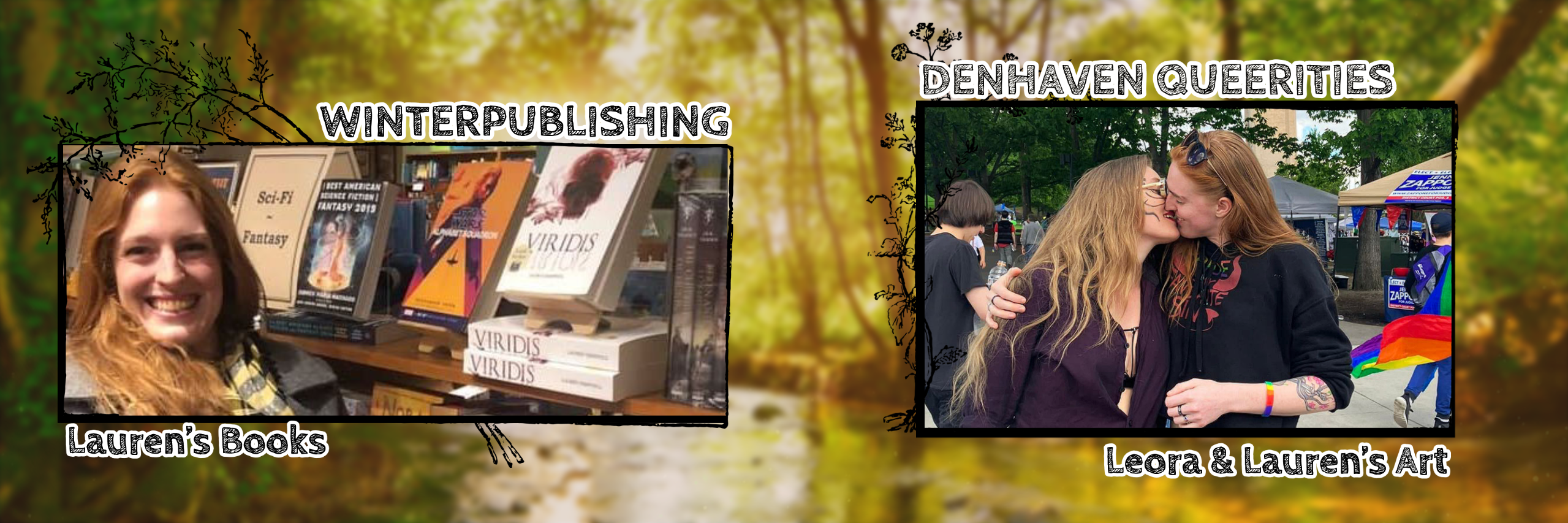
Religion’s Womb
[Rough Draft]
Religion’s Womb
At nine o’clock at night, I sat up shaking. Tears chocked my airways, blurred my vision, made my hands look unreal. My mind sat back, separated as I watched myself clutch my chest, hoping to find a way to clear my lungs, to breathe again. I got up and left my loft, climbed downstairs, opened the door into the freezing Idaho winter night, stepped across the frozen earth covered in snow, and vomited behind my house. Over and over, until the light dinner I had eaten a few hours before now sat in a burning, steaming pile on the ground, surrounded by dead grass, by snow, by ice. Only then could I stop crying. Only then could I breathe again, stand back, wipe my mouth, and climb inside. Only then could I begin to process what had happened.
When I was a child, we prayed for my husband. We prayed my future man would be doing well this day, that his life was good and God was leading him in all things. With my small hands clasped around one another and my head bowed, I opened my eyes to look at my parents, who had gathered around me to pray for such things. I seemed strange to me to pray for someone I had not yet met. Perhaps that was a kind thing, perhaps it was a joyous thing. Perhaps it was good to already be someone else’s property.
No words of questioning left my mouth. This was how things were done, and after a few words of prayer muttered from me, I sat back and went to sleep, covered in love and warmth and questions I would not answer. I slept. And I dreamed.
For months, I dreamed. Hands grasped my clothes. Hands touched me, pulled my pants from my legs, kissed me in places I didn’t want to be kissed. On occasion, I lay on a hospital bed, belly swollen with child, sobbing to my mother about a stranger, about a man I did not know. She took my hand and brushed her fingertips over my skin, and in a quiet voice, she reminded me who this person was. He was my husband. And it was better if I submitted.
Other times I was unmarried. An alarm declared a state of emergency and people were running for their lives. I went to join them when a hand grasped my arm and pulled me into a dark room, where a man looked down at me, where my screams were unnoticed in the chaos outside.
I would wake and find myself shaking. I would push it all away, hide the shame of dreaming of sex, take deep breaths and a burning showering, and step out with all my fears locked away, hidden beneath my bed, never quite gathering dust as each night I would open it again and find more terrors to stuff into its brimming box.
Still, we prayed for my husband’s wealth. And in the silence of my mind, words unspoken, I prayed for the strength to survive my wedding night.
I grew older, found the pulpit shouting at me and women like me to keep ourselves modest, to wrap ourselves in cloth and never show skin for fear a man might be aroused. A sense of pride rolled over me, since I was always modest, always covered, clothed up to the neck, jacket draped across my thin frame, hidden from public view. If everything could just look like me, then men would not fall. If everyone could just have my nightmares, no one would dress for attention.
And still, we prayed.
We were told to submit. By God himself, so says the man at the front. Kneel before the man’s head, tilted your face towards it, open your mouth to receive his guidance and never question how it degrades your soul, how you can no longer stand, how the mud around you has soiled your clothes and swallowed your legs whole. Stuff your mouth with his wisdom. And do not question it.
And we prayed.
The nightmares did not end. Umbilical cords choked me to waking. Child’s screams startled me in the night. The touch of a man, the smile, the whisper to submit. Unending. Be a good wife. This is what is expected of you.
I did not pray for him. I did not believe.
The question of water became pressing, the chemicals in the tap concerning for a father who did not want his daughter’s womb to be damaged. Infertility was a possibility. It was what pushed your father to make the chance, mother said. He is only looking out for you. Perhaps it is wrong of me to feel like an item, to stand there and stare, my bare feet against the hardwood, how I remember the chill and the sickness in my gut as I remember the child I birthed from my mouth last night, how I woke afraid of my own mind, and sat there with the light on, hoping and praying I would never fall asleep again. Perhaps it was a kindness to think of my future as a mother. Perhaps it was not.
I sit now in the chairs during a sermon who speaks of the greatest gift as children who scream and cry and beg for attention. The man talks about the joy of childbirth, about how no greater blessing had ever come upon him in his life. Perhaps I should find somewhere in my soul to be happy for him, for his wife, for his family. But all I can do is check my phone and note that I have twenty minutes left.
Tomorrow I will sit in my grandparent’s house, perched upon the couch over the flower-covered carpet, reading as children play and race around the home, while my father picks up a young boy who wishes to be held. My aunt will ‘ooh’ and ‘aww’ and turn to me and say my name exasperatedly. As if she expects something from me. I will not understand at first. I will look up, pulled from my story, and question her. She will not answer. She will say it once more, five minutes later, and I will understand. I will inquire again, with less of a friendly slant. And she will not answer.
I was reading The Priory of The Orange Tree by Samantha Shannon last night. Sabran was forced by a religion she followed to submit herself to a man she did not know, to marry him, and to have a daughter. Her fear was palpable, her terror and desire to run evident upon the page. But in the end, she could not escape the fate laid out to her by all parties desiring her to sweat through the sheets of the marriage bed, to conceive. And as I turned the page, the tears came, and my hands shook, and I could not read any further. I threw up. I sobbed. And I met the little girl I had never spoken to, had never helped, that was still afraid of what she would have to do to be a good Christian girl. I did not know she was still there, years after declaring marriage would not happen, years after coming out as asexual. I thought she had grown up, she had left, she had healed. But there she was, shivering in the cold as I stepped outside to spill my gut, holding her stuffed animal to her chest, eyes wide and fearful and brimming with tears. I embraced her. I whispered all would be well. When she asked if all we were was a womb, if all we were was a partner for some man to have and to hold, I pulled away and placed my hands upon her pale, freckled cheeks. I brushed my thumb across her eyes, wiped away those tears, and breathed my final truth:
We are religion’s womb, but we do not have to be.
